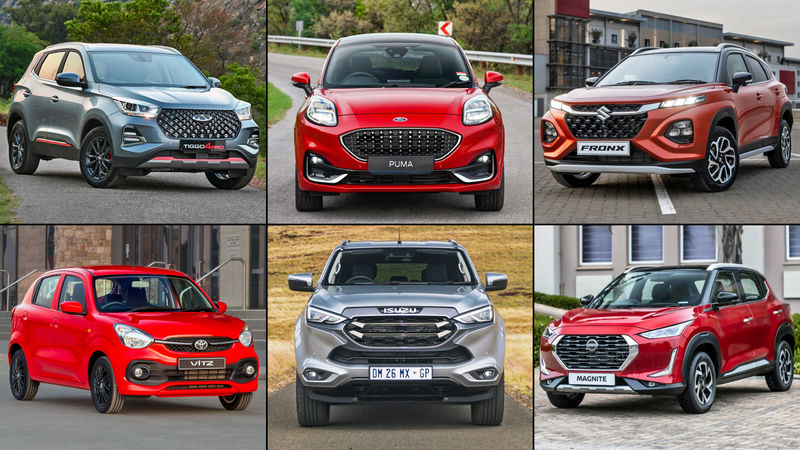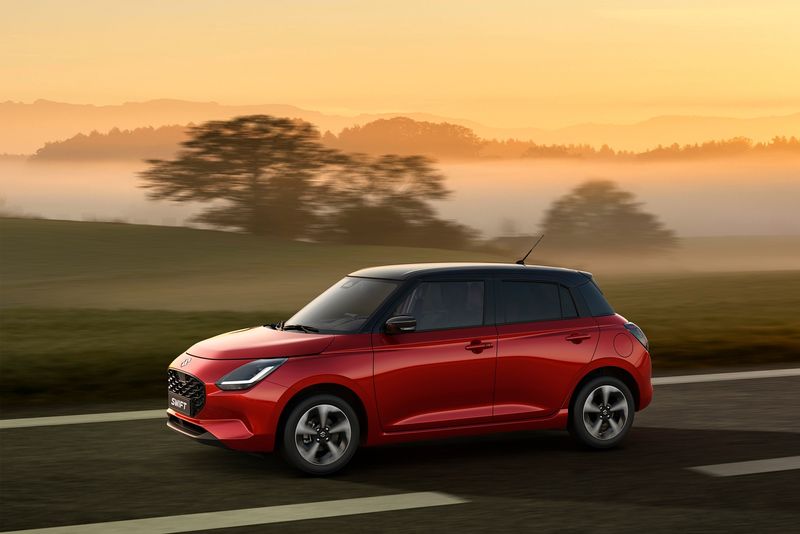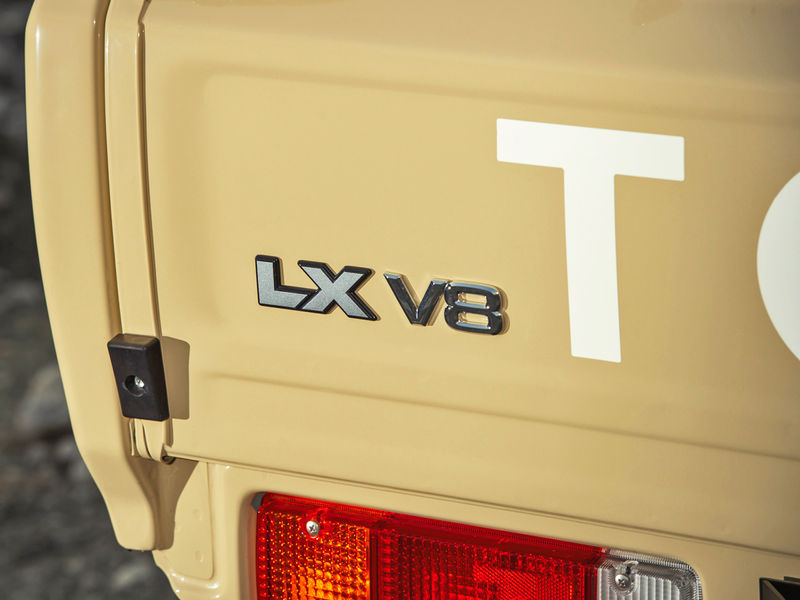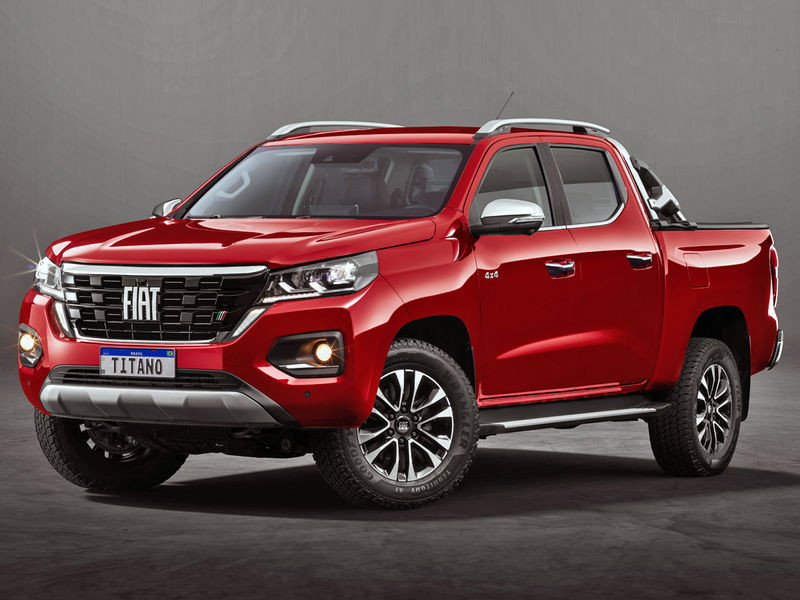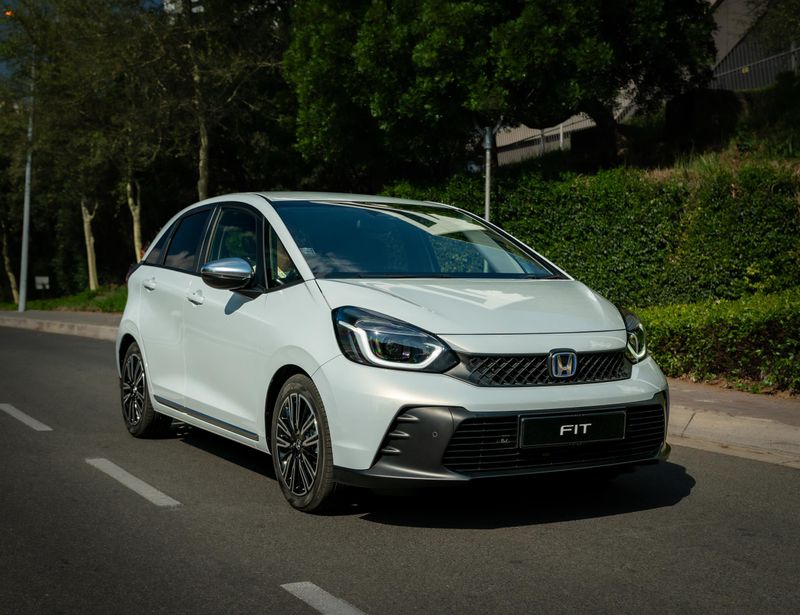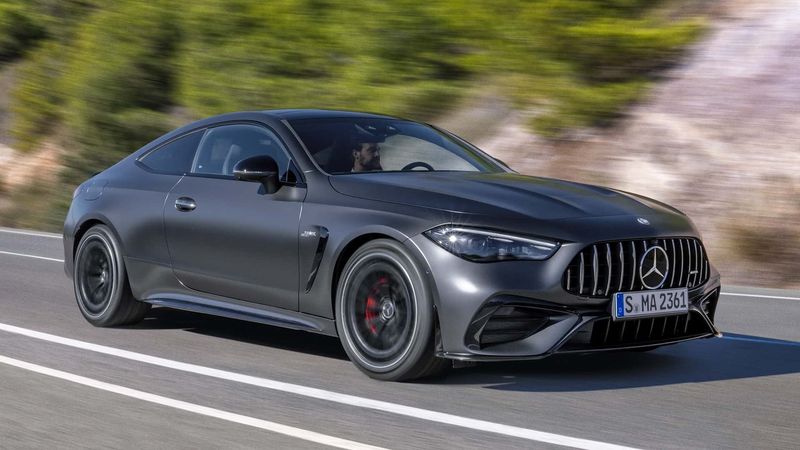Buying your first car can be quite daunting – that’s why motus.cars, supported by Motus Nissan (previously Imperial Nissan), have put together these 5 tips to help you through the process smoothly…

Buying your first car is a considerable financial commitment, which is why you should do your homework. It will help you to understand the purchasing process, the responsibilities that come with car ownership and to know which specifications and features you need to look for in a vehicle to ensure that it will suit most, if not all, of your needs.
Friends or family members who have bought and owned vehicles may point you in the right direction and dealers’ sales staff are trained to help you with your car-buying journey, but much of the info you need is available online!
Car-buying research includes searching for the make and model of your desired car and making sure there aren’t any major consumer complaints, recalls, or safety-related defects related to that product. Remember, just because you like the look of a vehicle on a dealership floor – or in an online ad – doesn’t mean it’s a good first-time car.
It’s important to keep your emotions in check when researching your first vehicle. Make a list of the most important features that the car needs to have (such as its seating configuration, the type of transmission (manual or auto) and minimum safety equipment, such as ABS and a driver’s airbag) and stick to it.
Also research the fuel consumption and costs of maintenance (including the price of new tyres, brake pads, plus services and general repairs). That way, you can calculate how much car ownership will cost you every month.

Be realistic with your car budget. Buying a vehicle is big step, but it’s only the first step; you have to keep the car on the road too. That’s why you should look for the best example of the most affordable vehicle that meets your needs right now – and for the foreseeable future. While the best option would be to pay cash, that’s not always possible.
Most car buyers need financing to buy a car. Remember, apart from the monthly repayments, you’ll need to budget for insurance, maintenance, registration, repairs and of course fuel (that’s why it’s important to research a car’s fuel consumption, even though it’s usually an optimistic estimate). South Africans spend more on fuel than on new cars.
With this in mind, it may take you some time to figure out what car you can truly afford, but, trust us, it’s worth it.

We all dream of buying a spotless brand new car, but they’re usually prohibitively expensive for first-time buyers. A certified pre-owned vehicle is the best kind of used car you can buy because it will have been pre-checked and prepared for sale by a reputable dealer. It’s likely to have been reasonably well-maintained too, so if you encounter a problem with the car shortly after you’ve bought it, you will have recourse with the business that sold it to you!
It’s always advisable to buy a used car from a name you can trust.Visit your nearest Motus car dealershipand let the outlet’s sales team assist you in finding a pre-owned vehicle that’s right for you. You can shop with peace of mind knowing that all the cars you are browsing are owned by Motus.
Withmotus.carsyou can even book a test drive online. Simply click on the car you’re interested in, fill in the enquiry form and remember to tick the “book a test drive” box. Remember to take your valid driver’s licence along with you!

Take as much time as you need to conduct a visual inspection of the inside and outside of the vehicle you’re interested in buying. Used cars are never in immaculate condition – how could they be, if they’ve been driven by other people, even only for a short while? – and you may want to enquire whether a dealer would be willing to either address an issue that you have spotted, if necessary, or be willing to adjust their asking price accordingly.
It is also vitally important to find out the history of the vehicle – ask questions like:
How old is the vehicle? It may still have a balance of an active manufacturer warranty and service plan.What mileage has the car done… and has it been serviced timeously, per its official mileage schedule?Does it have a full-service history and papers? If it doesn’t, strongly consider looking at another car.
Once a dealership’s salesperson has answered all your questions about your prospective purchase to your satisfaction (remember, even minute details are important to clear up before you sign an offer to purchase), you’ll probably want to take the car for a test drive. If so, please see: About to take a test drive? 8 things to check

When applying for a finance agreement to facilitate the purchase of your first car, try to put down a deposit of at least 20% of the purchase price if possible (sometimes a 10% minimum will be required). By paying a deposit, you willdemonstrate, to an extent, that you’re likely to pay your instalments regularly AND the more money you put down, the smaller your monthly repayments will be. Use this calculator to work out what your repayments will be.
Before you approach a bank for a loan, check with the dealership… They may offer their own financing options that could suit you better and, since all the payments and purchases come from one place, it makes things a lot simpler.
Don’t be daunted by the prospect of applying for vehicle finance. All dealerships have a specialist on their staff who is there to help clients make finance deals happen. What’s an F&I Manager? A guide to vehicle finance &insurance

Visit motus.cars for more info, tips and, if you’re thinking of selling your car (or trading it in on a new one), let motus.cars provide you with a vehicle evaluation. You can also join the conversation on Facebook and YouTube.
About to take a test drive? 8 things to check
5 things your mechanic wishes you knew
Service- and Maintenance Plans: The differences
What is a crossover exactly?
Looking to trade in your car? What you need to know
Top 5 Vehicle Finance Options Explained
How to calculate true cost of car ownership
